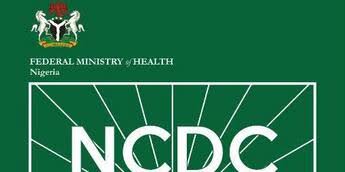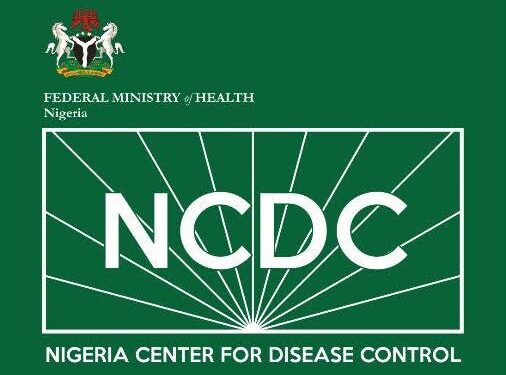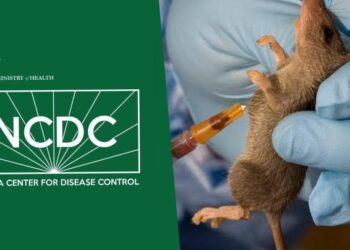The Nigeria Centre for Disease Control and Prevention announced on Friday that the country had 40 confirmed cases of mpox out of 830 suspected cases.
Dr. Jide Idris, NCDC Director-General, made the revelation at the Joint NCDC/World Health Organisation National Mpox Briefing with Stakeholders and Partners in Abuja.
The WHO Nigeria Country Office announced that Nigeria would get doses of the mpox vaccine through a contribution from the United States government. Idris stated that an Emergency Operations Centre and an Incident Management System have been established since polio was declared a Public Health Emergency of International Concern.

Idris explained: “We currently have 40 verified cases out of 830 suspected cases.We haven’t reported any deaths, which is surprising.
“We have created an incident action plan that addresses each area through several pillars. “We have visited with state governments and health commissioners to provide guidance on developing disaster preparedness and response teams, capabilities, and action plans. They will coordinate with their respective Local Government Areas.
“Another important aspect is surveillance. The 40 cases recorded in the country are spread throughout perhaps 12 or 13 states. Many occurrences occur in the South-South and South-East, with a few in Lagos, Ogun, and other northern regions. Our plans are to target these states to lower the number of cases while also conducting active surveillance to detect more instances.”
The NCDC director also stated that the agency needed to “enhance our laboratory services.”
All reported cases have been authenticated through genome sequencing in two labs: the National Research Lab in Abuja and Lagos. Because of the spread, we need to enhance the number of testing laboratories, which include Lagos University Teaching Hospital and the African Centre for Genomics.
Idris added that there is a need to improve laboratory capacities, particularly in the South-South and South-East regions, and that the centre is increasing public awareness initiatives to educate people about the disease, its symptoms, and preventative measures.
In terms of problems, he stated that the centre is working on data collection issues. Dr Walter Mulombo, WHO Country Representative, stressed the necessity of being watchful and monitoring bacteria in nature that could cause the disease.
In Essence
The distribution of cases across multiple states, with a concentration in the South-South and South-East regions, highlights the importance of targeted surveillance. The NCDC’s focus on active surveillance in these areas is crucial to preventing further spread and quickly identifying new cases. This approach is essential in containing the disease and preventing it from becoming a larger public health issue.
The fact that mpox cases are concentrated in specific regions, particularly the South-South and South-East, with some cases in Lagos, Ogun, and northern areas, suggests that there may be regional factors contributing to the spread of the disease.
This could include variations in public health infrastructure, environmental conditions, or patterns of human interaction. Targeting these areas for enhanced surveillance and response is a strategic approach, but it also highlights the need for a tailored response that considers the unique circumstances of each region

















